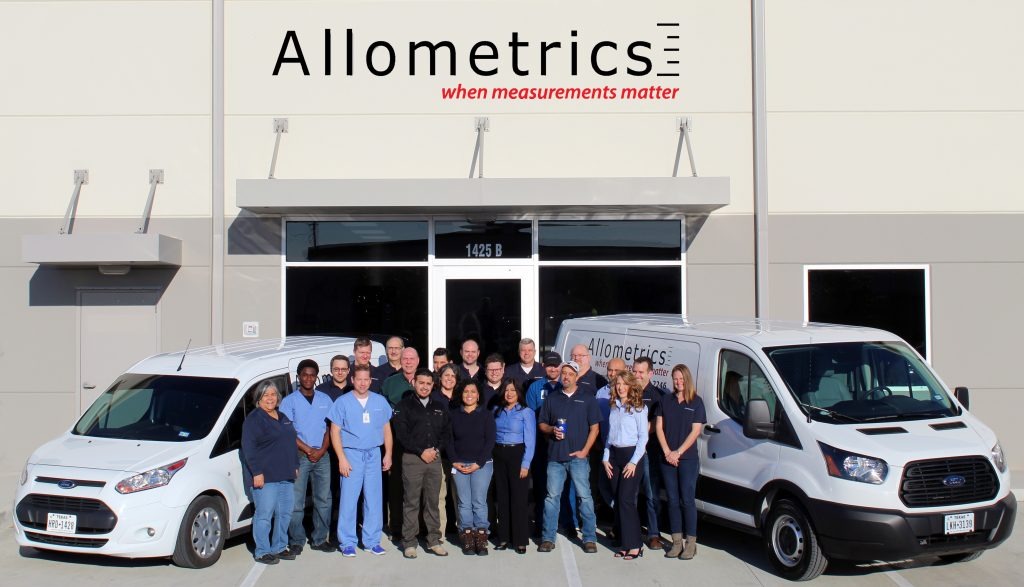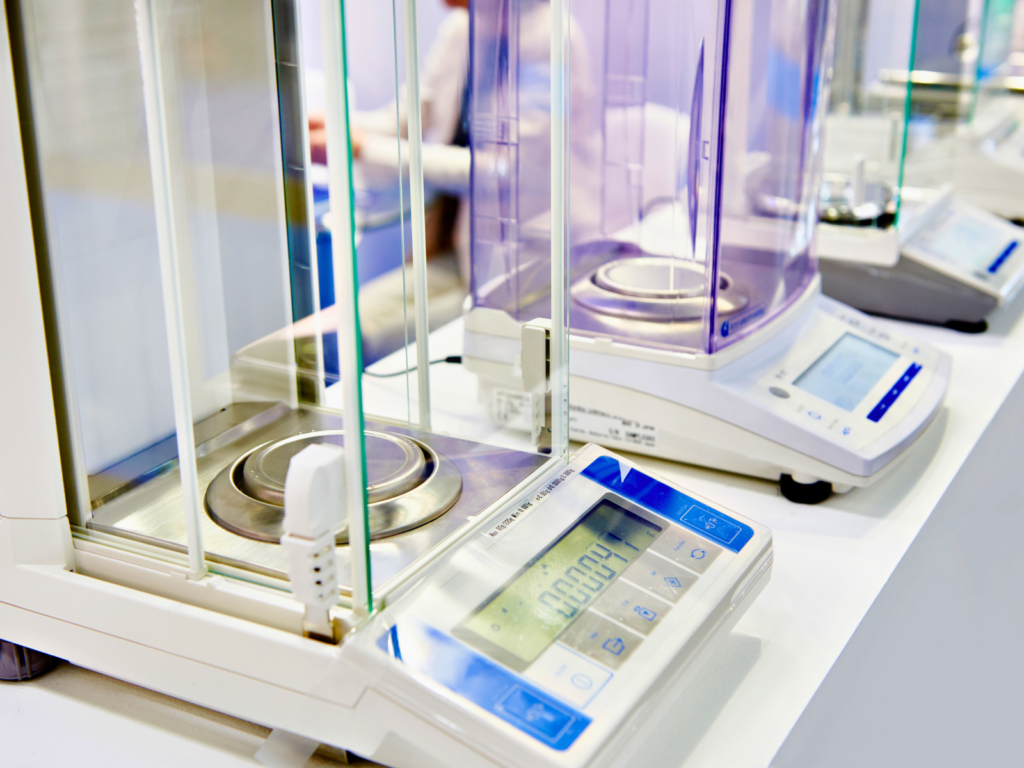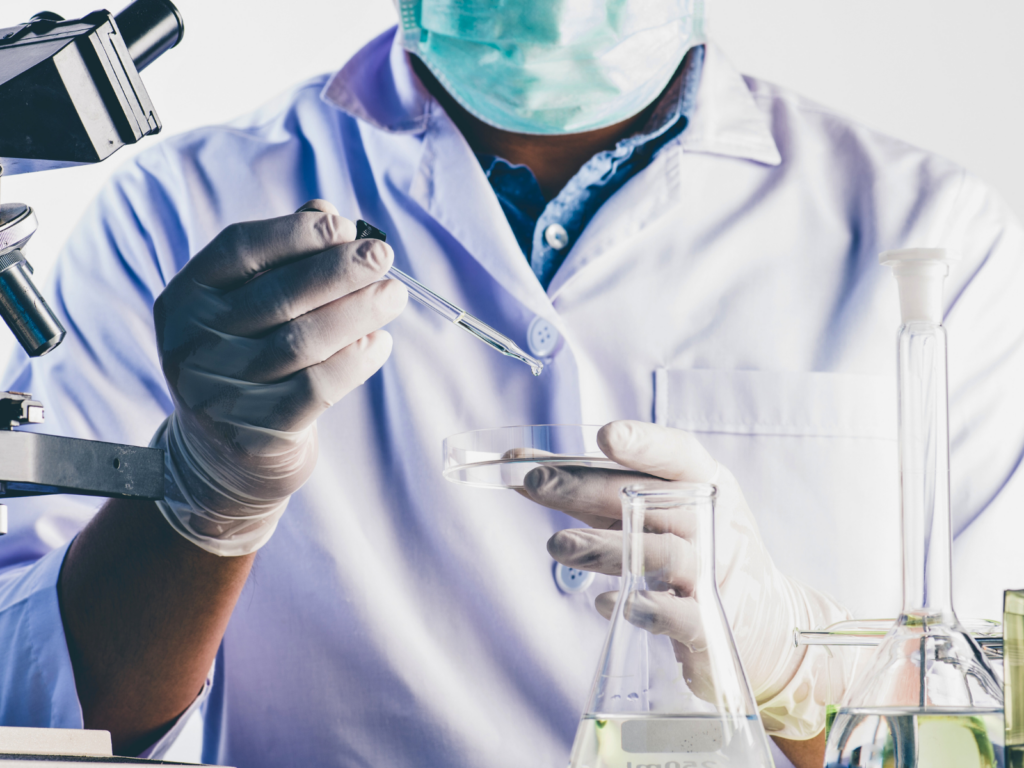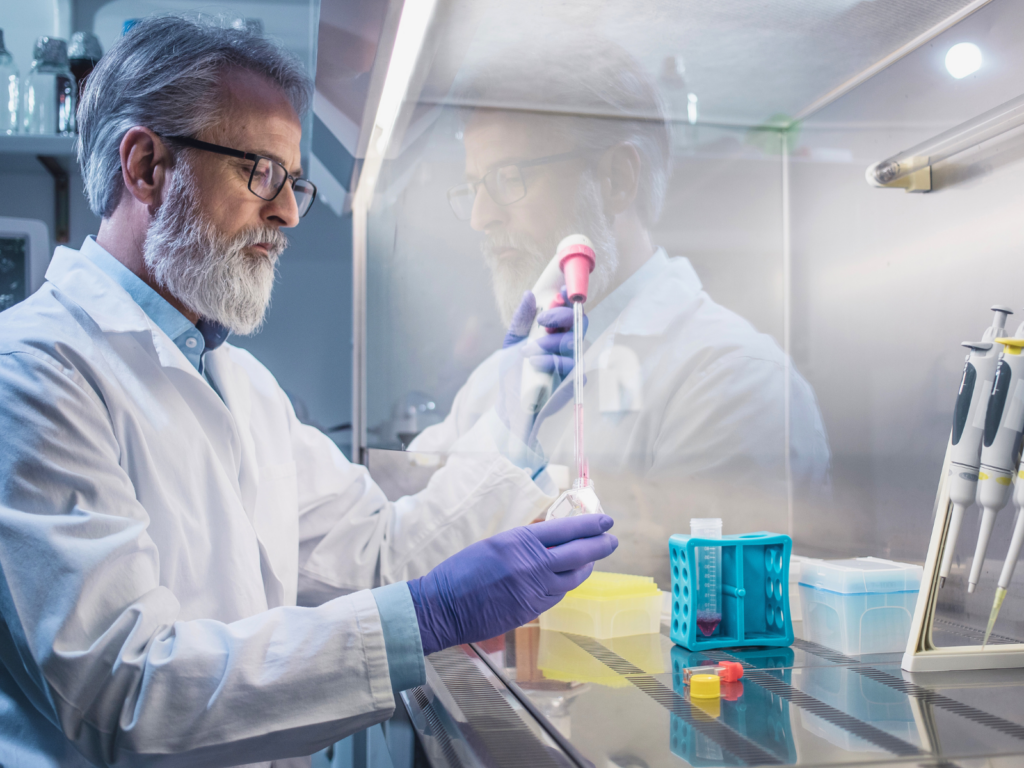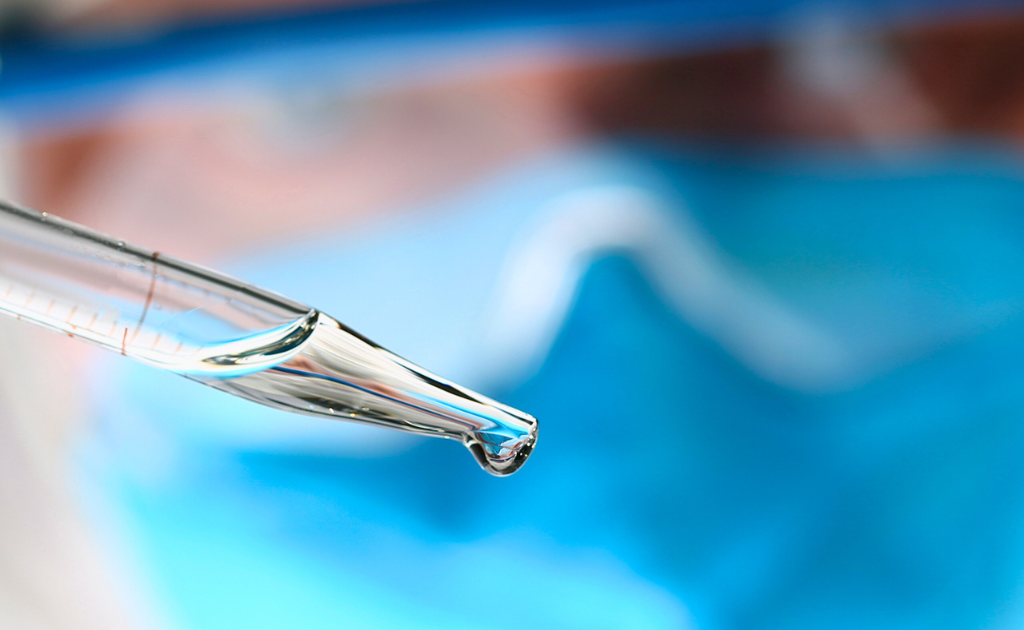There is a lot of talk about new vaccine development but little is known about the vaccine development process. Explore how temperature plays a vital role in vaccine storage.
Disease prevention is a critical factor in health care. It’s always better to prevent an illness than to treat one. Thanks to the development of vaccines, modern-day society has eliminated the threat of numerous potentially dangerous viruses.
However, vaccines require proper storage in temperature-controlled devices to maintain their effectiveness.
There is a growing concern within the medical drug manufacturing industry that physicians and hospitals could be administering vaccines whose potency was compromised due to inappropriate handling and storage. Calibration of temperature control devices for vaccine storage is a vital to health and safety in the pharmaceutical industry.
The Scope of the Problem
Vaccines require refrigeration to retain their effectiveness. If, at any point during the manufacturing process, distribution, or storage the vaccines are left in temperatures outside of the specifications, the vaccine will lose its potency and is therefore useless.
This poses a serious health risk for the recipient and the rest of society, as viruses we believe we are immune to, can potentially cause devastating effects to our health.
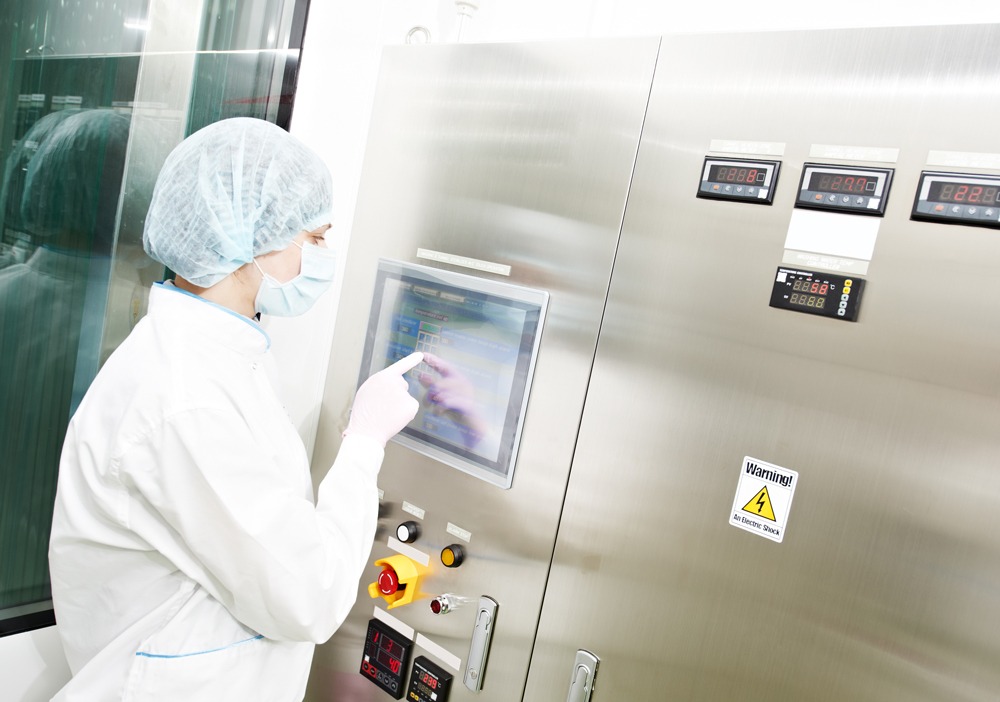
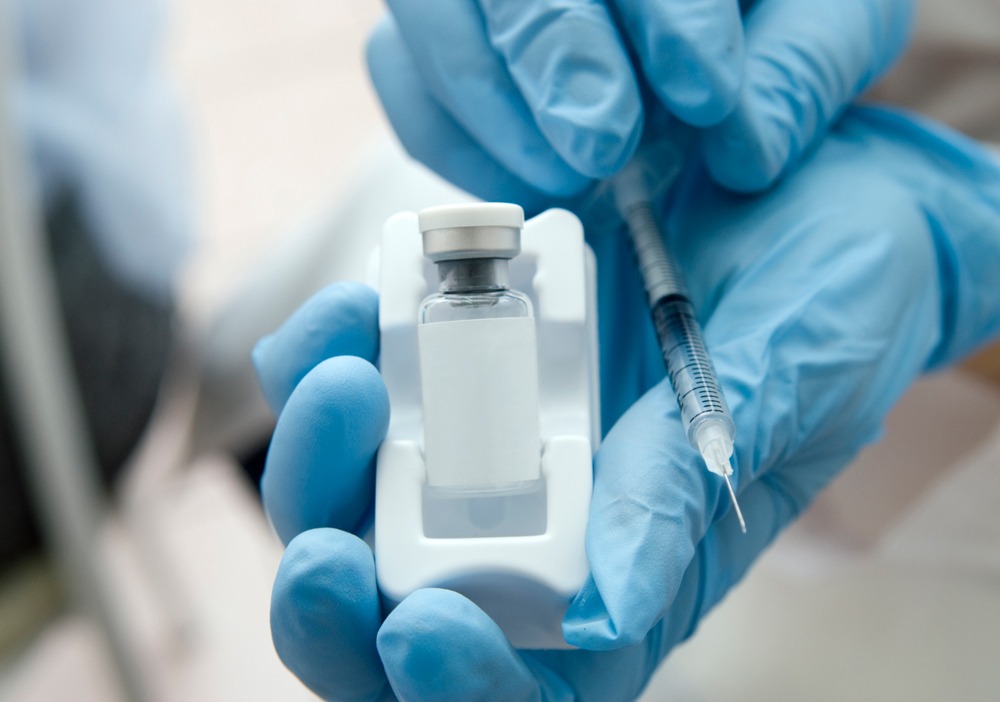
Temperature Control and Monitoring Devices Are Crucial to Protect Vaccines
Vaccines are highly sensitive to variations in temperature, and some are particularly fragile. Live vaccines (those that contain an attenuated form of the virus that causes the disease) are known to lose their potency when stored at high temperatures.
Other vaccines including those for tetanus, human papillomavirus (HPV), pneumococcal disease and rotavirus cannot withstand freezing temperatures. Therefore, if they accidentally freeze, they will be destroyed.
The Center for Disease Control and Prevention (CDC) warns against using domestic refrigerators to store medications, including vaccines. Instead, they recommend using a continuous temperature monitoring device to prevent vaccine damage.
The United States Pharmacopeia (USP), Requires that manufacturers, shipping, and distribution companies, as well as warehouses storing pharmacopeial products, use temperature and humidity monitoring devices.
Additionally, the World Health Organization (WHO) stipulates that temperature measurement and control devices require regular calibration to prove and maintain their accuracy over the full operating temperature range defined in the device’s datasheet.
Proven and traceable accuracy is mandatory in these devices because any variation outside the device’s tolerance can lead to a false sense of security and endanger the lives of individuals.
When to Calibrate Your Temperature Control and Monitoring Devices
All devices are prone to drift over time, the frequency with which you should test and calibrate your temperature control, and monitoring equipment varies from one model to another, and the rate of use.
However, the following list, although not a comprehensive one, is a good guide to establish your calibration schedule.
You should schedule a professional calibration for your equipment when:
- There is no valid calibration certificate at hand, and you are the last time your devices received calibration
- Your previous calibration certificate has expired
- The temperature control and monitoring equipment has been used or treated beyond the specifications of the manufacturer, such as exposure to extreme temperatures, shock, and other environmental factors
- After replacing the device’s battery or another spare part
- If you suspect your equipment measurements are inaccurate or unreliable
- Following the manufacturer’s recommendations
- At set intervals established to comply with the requirements of a regulatory agency
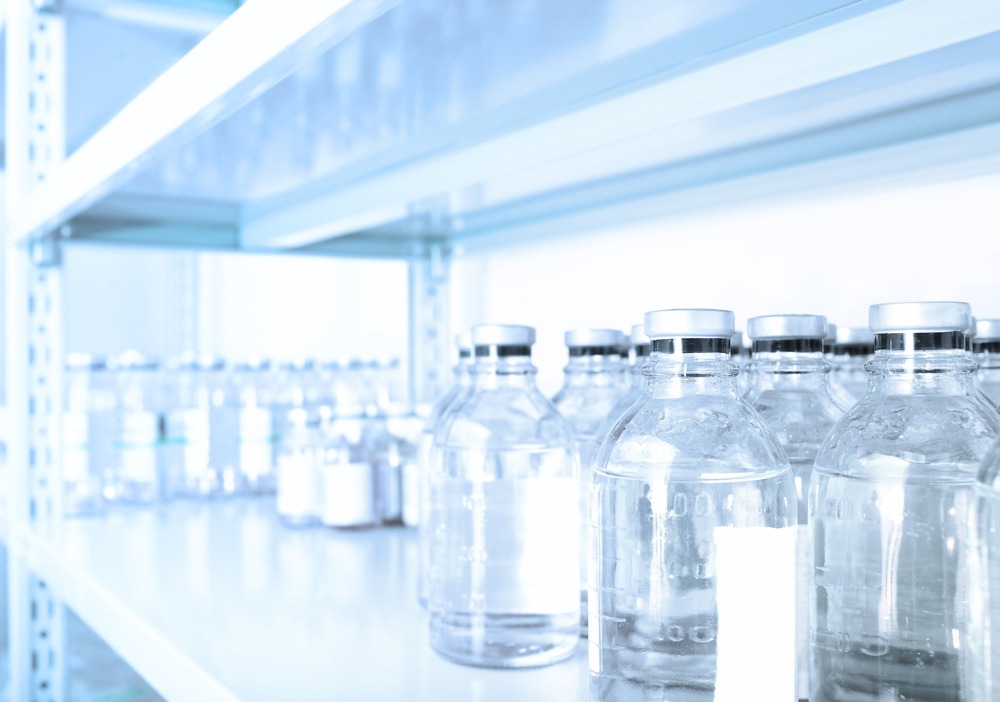
Who Can Calibrate Your Temperature Control and Monitoring Device?
The best option is to entrust all your calibration needs to an accredited, experienced metrology laboratory.
With more than forty years of calibration experience and proven accuracy standards, Allometrics is the one place you can trust with all your calibration requirements.
We are ISO 17025 accredited and offer NIST traceable conformity testing. Call us today to schedule your next calibration.
Allometrics Inc.
Allometrics is the ideal calibration service provider, with more than 40 years of calibration experience, a wide range of capabilities and a state-of-the-art controlled environment lab at our disposal, we can help you achieve your calibration goals.
For more information on our services and capabilities please email us at sales@allometrics.com.
